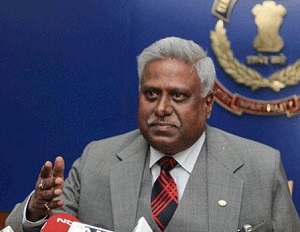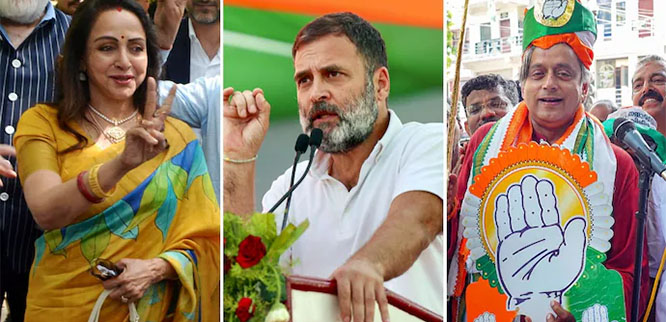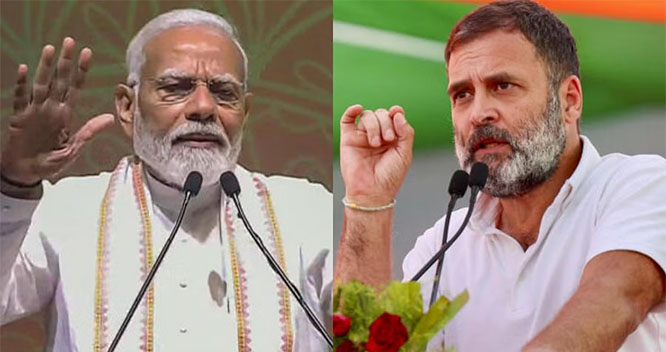New Delhi, Apr 25: CBI has registered a case against former IPS officer Ranjit Sinha on charges of misuing his official position and trying to influence coal scam probe.

He became the second retired CBI Director to face a regular case filed by the agency in a span of three months, the first A P Singh, who was booked in February this year on charges of illegally favouring controversial meat exporter Moin Qureshi.
The case was registered three months after the Supreme court ordered the CBI to probe the officer after a court-appointed panel found that a probe is needed. The apex court said it was "prima facie satisfied and convinced" that Sinha need to face a probe as it feels that he misused his authority.
CBI officials said the FIR was registered under sections 13(1) and 13(2) of the Prevention of Corruption Act. These sections deals with abusing official position, indulging in corruption and criminal misconduct.
Sinha ended up in trouble after a visitor's diary landed in public domain where it suggested that several persons being probed by the CBI met him regularly at his official residence. The list of visitors included coal scam accused, meat exporter Moin Qureshi and others.
Lawyer Prashant Bhushan, who brought the issue before Supreme Court, had told the judges that several people with questionable character are regular visitors at his official residence.
The list of Sinha's visitors included Mahendra Nahata, a 2G scam suspect, met Sinha 71 times while consultant Deepak Talwar, who figured in Niira Radia tapes and probed in 2G, called on him 50 times.
Congress MP Vijay Darda (coal scam accused), Sunil Bajaj, head of corporate affairs in Essar that was probed in the 2G case, and former Medical Council of India chief Ketan Desai (arrested on corruption charges) were other visitors.
It also included Anil Dhirubhai Ambani Group (ADAG) officials, who were said to have met Sinha around 50 times in a span of 15 months from May 2013. The frequency of their visits increased after a decision to re-investigate charges against Ambanis in the 2G scam.
Qureshi, who is under Income Tax scanner, visited Sinha some 90 times, according to the entries in the diary, whose authenticity was contested by Sinha.








Comments
Add new comment